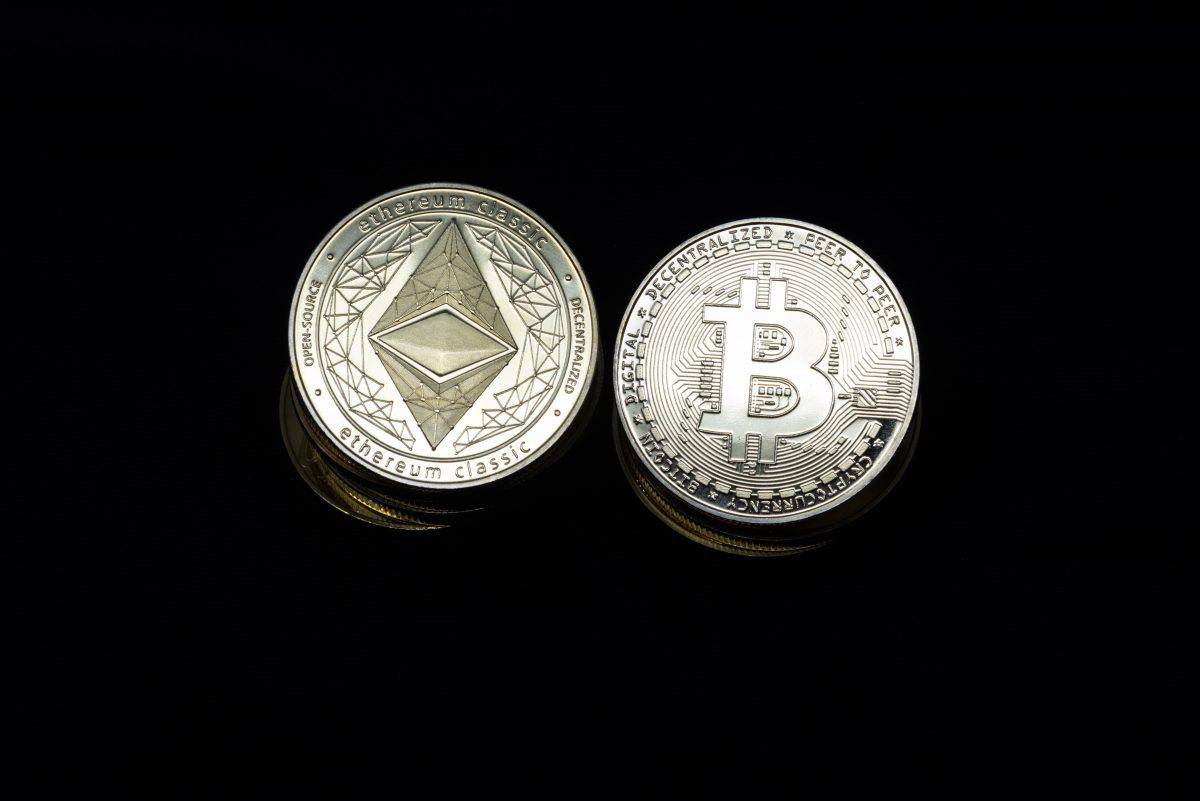
Ether (ETH), the primary cryptocurrency of the Ethereum network, is the second most popular digital token after Bitcoin (BTC). It is natural to compare Ether and Bitcoin, given that Ether is the second-largest cryptocurrency by market capitalization (market cap)
Ether and Bitcoin are similar. Both are digital currencies that can be traded on online exchanges and stored in various cryptocurrency wallets. Such tokens are decentralized; meaning no central bank or other authority issues or regulates them. Both make use of blockchain, a distributed ledger technology. However, there are numerous significant differences.
What is Bitcoin?
Bitcoin is a cryptocurrency or a virtual currency that Satoshi Nakamoto created in 2009. It’s unknown whether Satoshi was an individual or a group of individuals. Nevertheless, this virtual currency enables individuals to transfer and receive money worldwide. Furthermore, payments are encrypted. The most significant factor of Bitcoin is that it keeps people’s identities anonymous when sending and receiving money.
We know they charge a service fee when we transact through a bank. Bitcoin has a meager transaction fee, making it a more appealing alternative to traditional electronic transactions. Investing in Bitcoin is also a lucrative opportunity that you can begin through sites like bitcoin-profitapp.com.
What is Ethereum?
Ethereum, founded in 2015 by Vitalik Buterin, is a cryptocurrency that offers ether tokens. And this is the same as Bitcoins in the Bitcoin network. People use Ether to create and deploy decentralized applications with back-end code distributed across a peer-to-peer network. And this differs from a traditional application, in which a centralized server stores the back-end code. People also use Ether to pay for services, such as the computational power required before adding a block to the blockchain and transaction fees.

Most Significant Distinctions Between Bitcoin and Ether
Bitcoin and Ethereum networks are on the distributed ledger and cryptography principles; they differ in many ways.
Proof of Stake vs. Proof of Work
Bitcoin employs a consensus protocol known as proof of work (PoW), which enables network nodes to agree on the recorded information state and prevents specific network attacks. In September 2022, Ethereum switched to proof of stake (PoS), a series of interconnected upgrades that will make Ethereum more secure and long-lasting. Sharding will be addressed as part of the transition to proof of stake to address scalability issues, which people will continue to discuss until 2023.
Purposes
BTC and ETH are both digital currencies. However, Ether’s primary goal is not to establish itself as an alternative monetary system but to monetize and facilitate the operation of smart contracts, dApps, and any other blockchain solution imaginable.
Future
The Ethereum ecosystem is expanding rapidly due to the increasing popularity of its dApps in fields such as finance (decentralized finance apps), arts and collectibles (non-fungible tokens, or NFTs), gaming, and technology. To improve its scalability, Ethereum will also implement sharding sometime in 2023.
Bitcoin has also changed, with the Taproot upgrade enabling smart contracts. Another project in the working is the Bitcoin Lightning Network, a second-layer protocol that intends to take transactions off-chain to speed up the network.

What is the primary application difference between Bitcoin and Ethereum?
Bitcoin’s primary intentions are to function as a medium of exchange and a store of value, an alternative to traditional currencies. Ethereum is a programmable blockchain with applications in various fields, such as De-Fi, smart contracts, and NFTs.
What are some of the parallels between Bitcoin and Ether?
In many ways, Ether and Bitcoin are similar. They exchange online and store in cryptocurrency wallets. Both are decentralized, meaning they are not issued or regulated by a central bank or other authority and use blockchain technology.
Was this page helpful?
Our commitment to delivering trustworthy and engaging content is at the heart of what we do. Each fact on our site is contributed by real users like you, bringing a wealth of diverse insights and information. To ensure the highest standards of accuracy and reliability, our dedicated editors meticulously review each submission. This process guarantees that the facts we share are not only fascinating but also credible. Trust in our commitment to quality and authenticity as you explore and learn with us.


